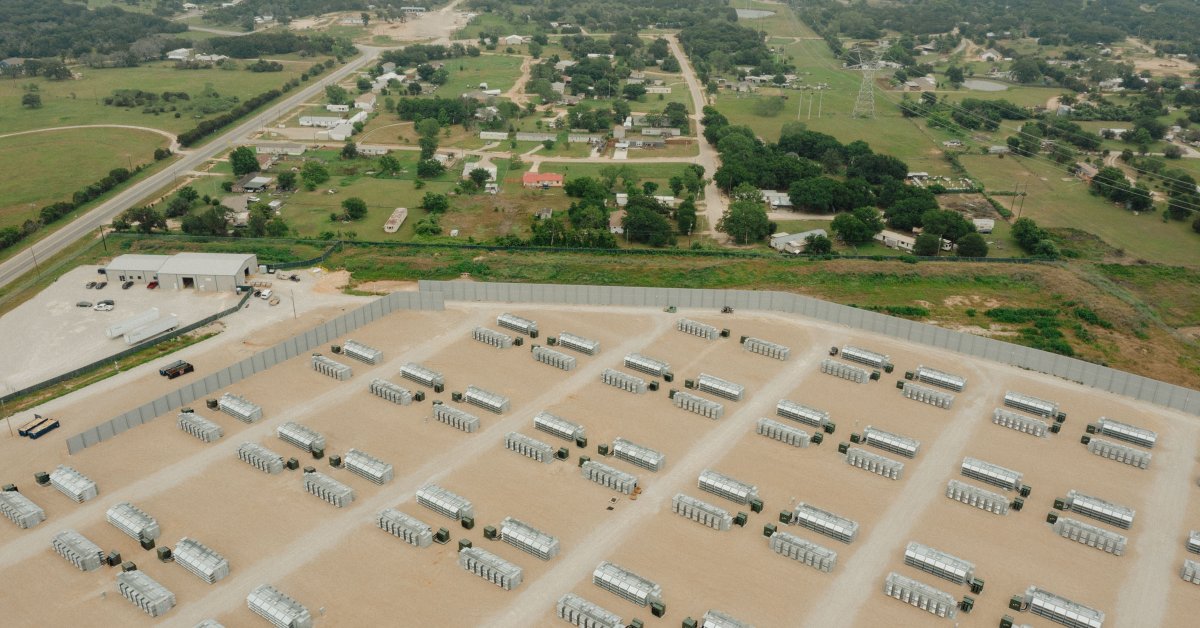- cross-posted to:
- [email protected]
- [email protected]
- [email protected]
- cross-posted to:
- [email protected]
- [email protected]
- [email protected]
It didn’t occur to Sarah that these symptoms could be linked. But in January 2024, she walked into a town hall in Granbury and found a room full of people worn thin from strange, debilitating illnesses. A mother said her 8-year-old daughter was losing her hearing and fluids were leaking from her ears. Several women said they experienced fainting spells, including while driving on the highway. Others said they were wracked by debilitating vertigo and nausea, waking up in the middle of the night mid-vomit.
None of them knew what, exactly, was causing these symptoms. But they all shared a singular grievance: a dull aural hum had crept into their lives, which growled or roared depending on the time of day, rattling their windows and rendering them unable to sleep. The hum, local law enforcement had learned, was emanating from a Bitcoin mining facility that had recently moved into the area—and was exceeding legal noise ordinances on a daily basis.
And the Bitcoin mining industry is urgently trying to push bills through state legislatures, including in Indiana and Missouri, which would exempt Bitcoin mines from local zoning or noise ordinances. In May, Oklahoma governor Kevin Stitt signed a “Bitcoin Rights” bill to protect miners and prevent any future attempts to ban the industry.


